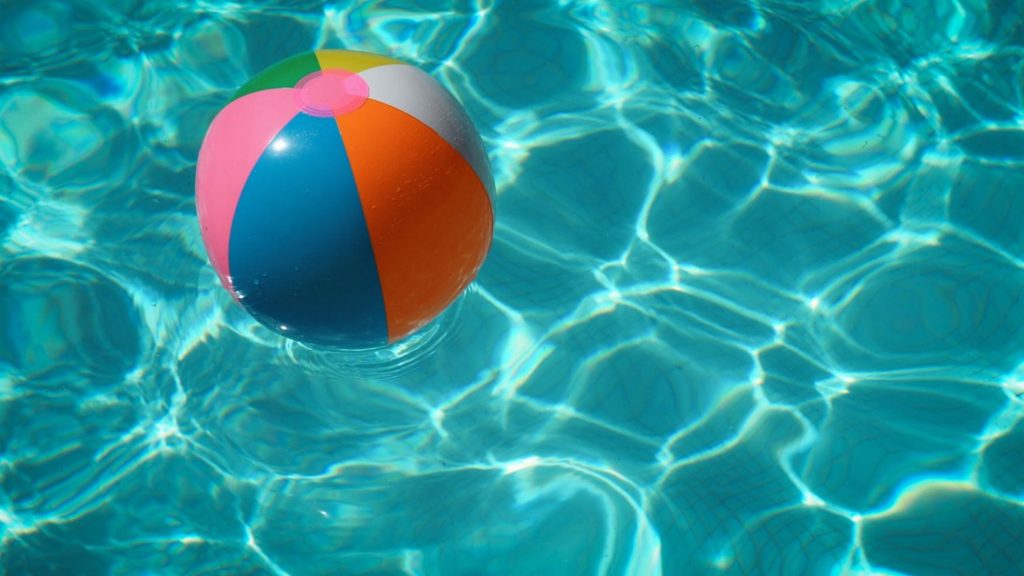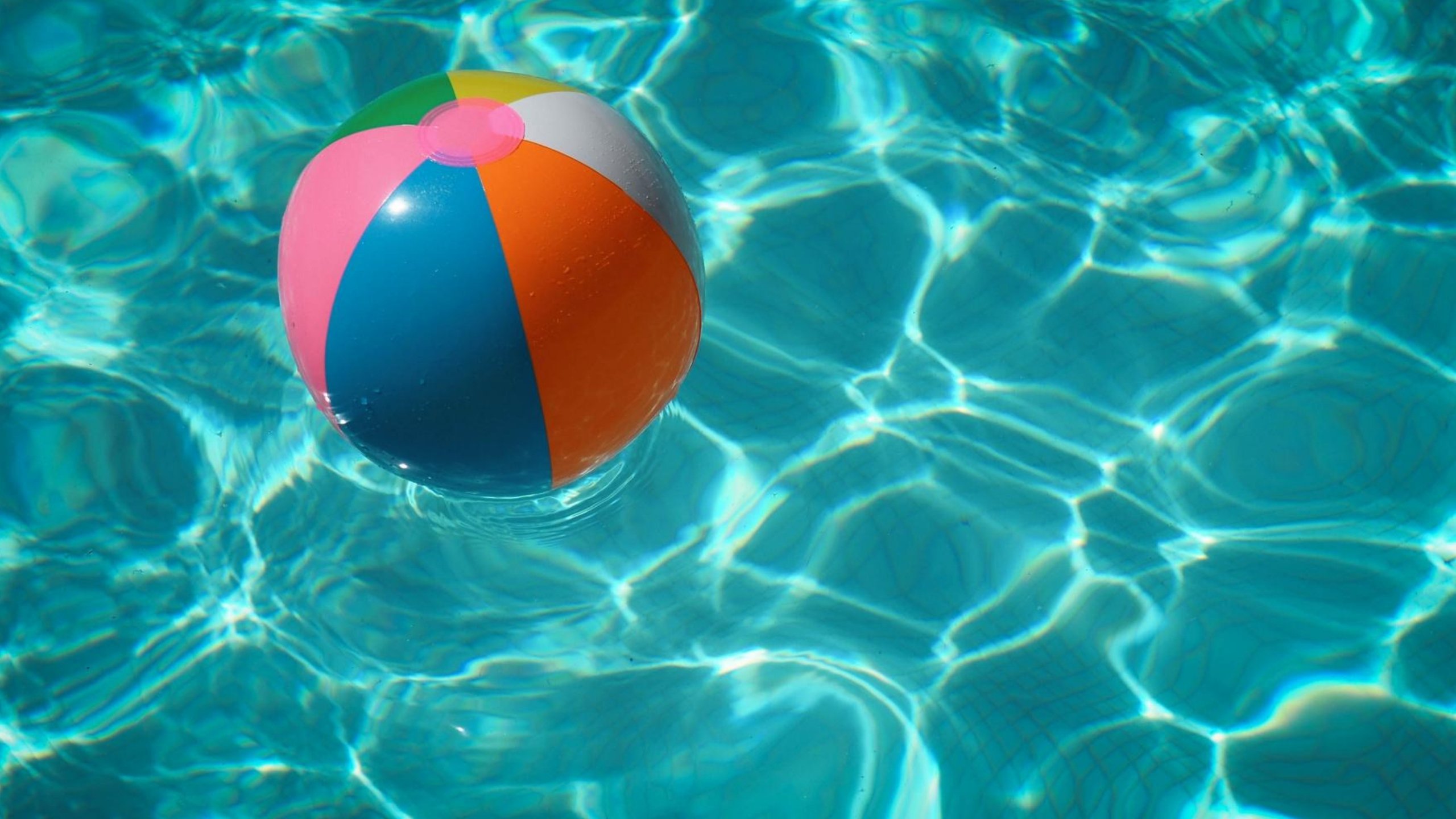How to combat lockdown and summer learning loss

The statistics on Summer Learning Loss are quite startling, but general awareness amongst parent, pupils and teachers is relatively low.
In this blog, we look at the statistics and examine ways to raise awareness and engage stakeholders in helping to minimise the impact.
Summer Learning Loss, also known as the ‘summer slide’, is the amount of learning lost over the summer holidays by both primary and secondary pupils, and the statistics are quite scary:
- 2.6 months of Maths skills can be lost over the summer
- 2 months of reading skills are lost of the summer
- Only 48% of parents have heard of the ‘Summer Slide
Even more worrying is that it can take up to 2 months from the first day back at school for a student’s brain to get back on track. With pressures on curriculum delivery, this is not a statistic to be taken lightly.

The question is, how aware are educators and more importantly, and what if any strategies are put in place? I believe there is general awareness but no formal strategies are implemented across the majority of secondary schools. Some teachers might set a general ‘project’ for pupils to work on over the summer, but these are very general and are not tailored to individual pupil’s needs.
Raising awareness through facts is key:
FACT! Just two hours a week can mitigate summer learning loss
It will be the job of the school to inform pupils and their parents of summer learning loss. I would recommend the approach of, ‘I’ve got some good news, and I’ve got some bad news.’
Tell them the bad news first:
- 2.6 months of Maths skills can be lost over the summer
- 2 months of reading skills are lost of the summer
Them, tell them the good news:
- Just two hours a week can mitigate summer learning loss
In order for this to be successful, it will require a ‘buy-in’ and collaboration from pupils, parents & teachers as no-one wants the added pressure of extra work in the summer holidays.
Any learning activities need to be planned by teachers in the summer term, presented to pupils in a way that doesn’t feel like a punishment and communicated to parents in a way that demonstrates the school really cares about the progress of their child.

Points to remember therefore are:
- Communication is key
- Identify the need
- Sell the benefit
Here are some suggestions to help reduce the learning loss:
- Teachers can use any gained time to repurpose existing resources, adding a ‘summer theme’ to them. Alternatively, some teachers might like the opportunity to create a new, fresh resource which doesn’t necessarily need to be linked to the curriculum, but can however challenge the grey matter of their pupils.
- Create a Summer Learning Challenge and add this to each pupil’s end of year report. Link the challenge to areas of their report where additional work is required.
- Include a reward scheme – points, vouchers, privileges in the Autumn term or a competition.
- Create some vlogs which can be uploaded to a virtual learning experience or even a dedicated Summer Learning Loss YouTube Channel. Research shows that young people are turning to video for their learning, so why not embrace this trend and record some short videos to share with pupils over the summer.
- Summer Learning Challenge Community – create a Twitter account with scheduled posts to go out to followers (get parents and/or pupils signed up before the end of the summer term) and send out reminders about activities with links to relevant resources.
Prevention has to be better than cure, so let’s not ignore the stats and try something new this summer.








Responses